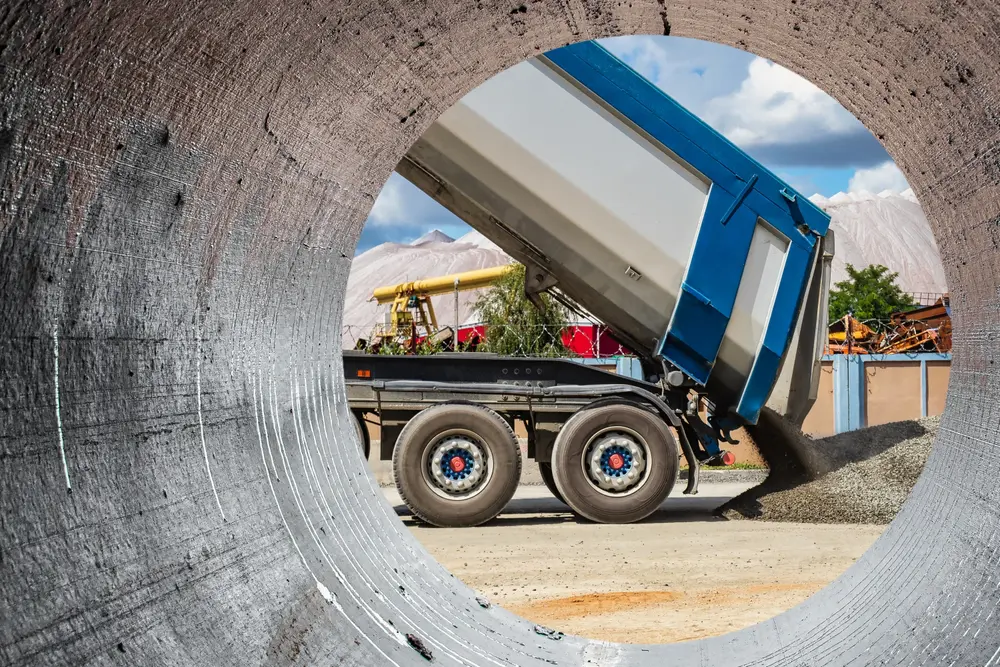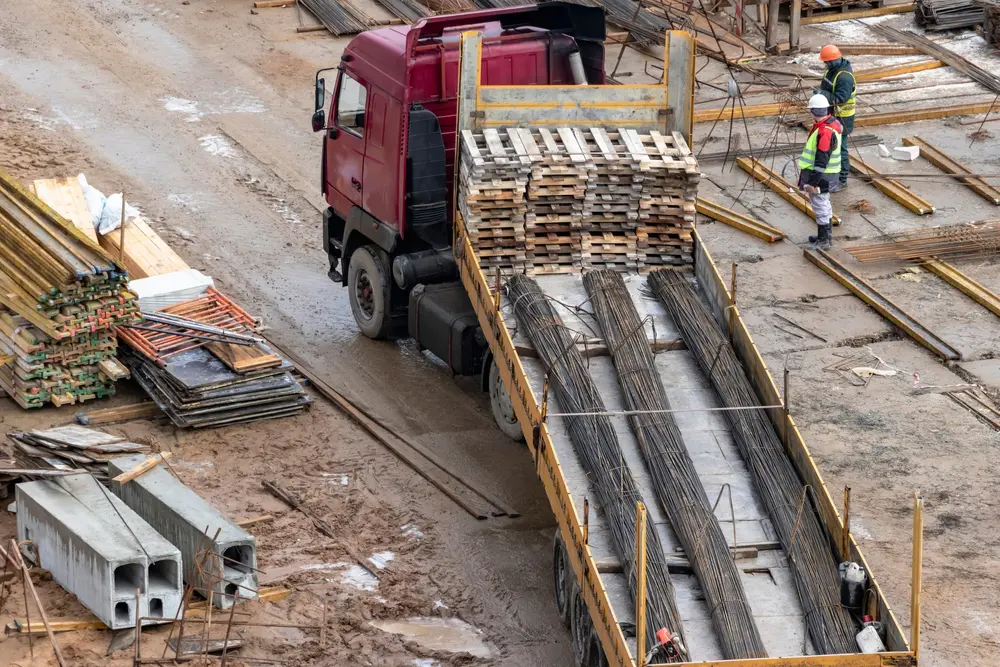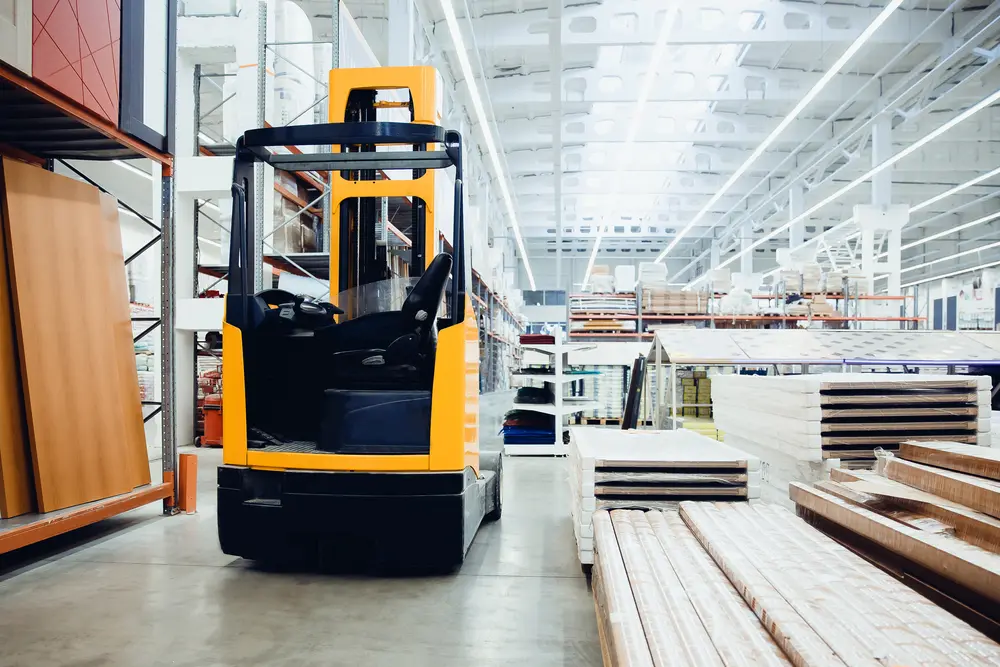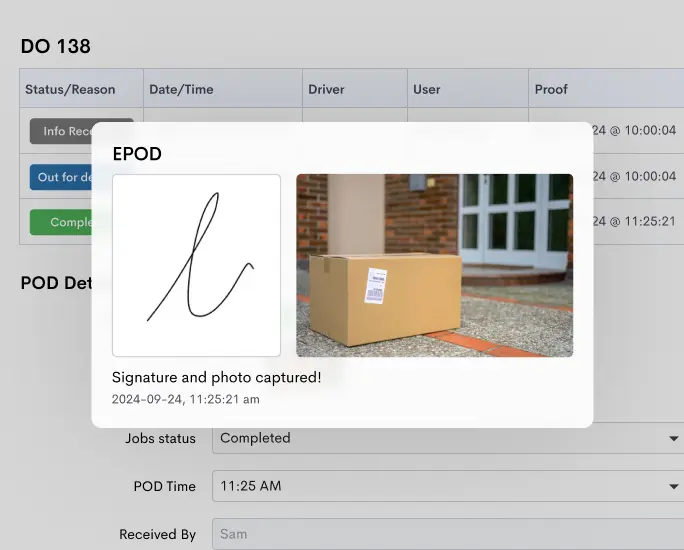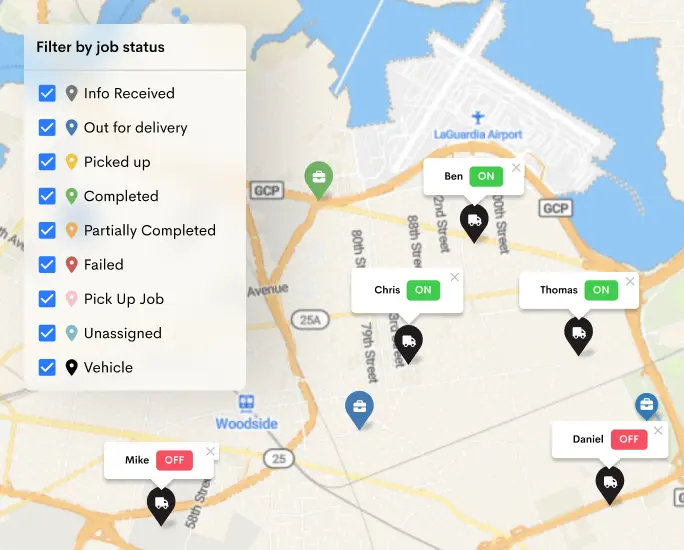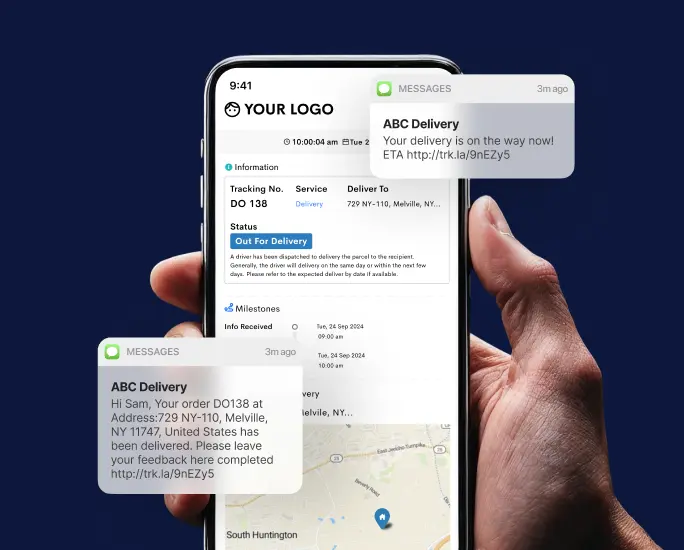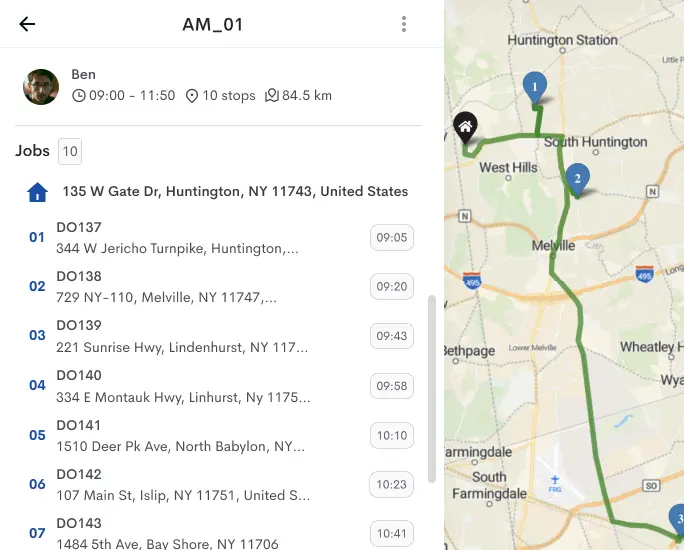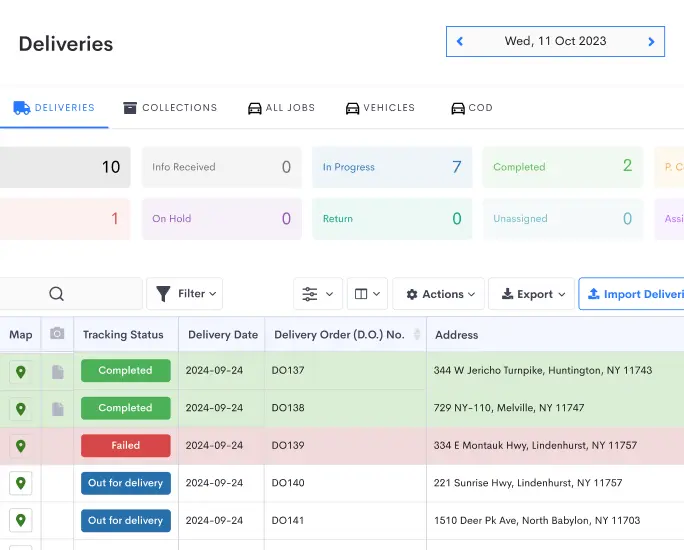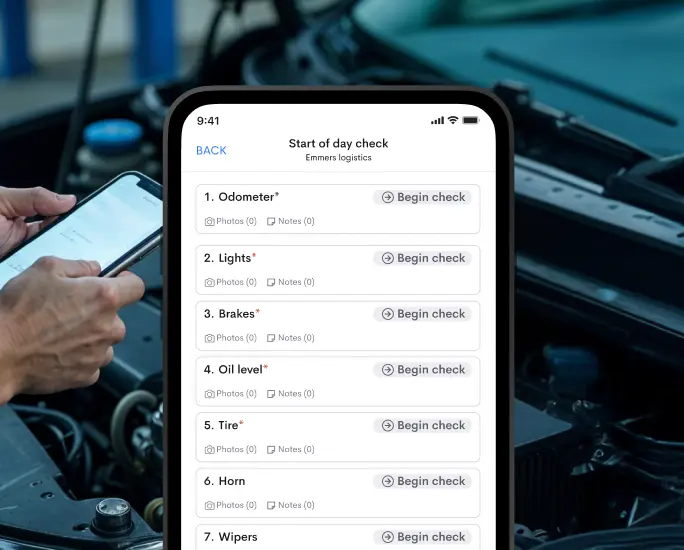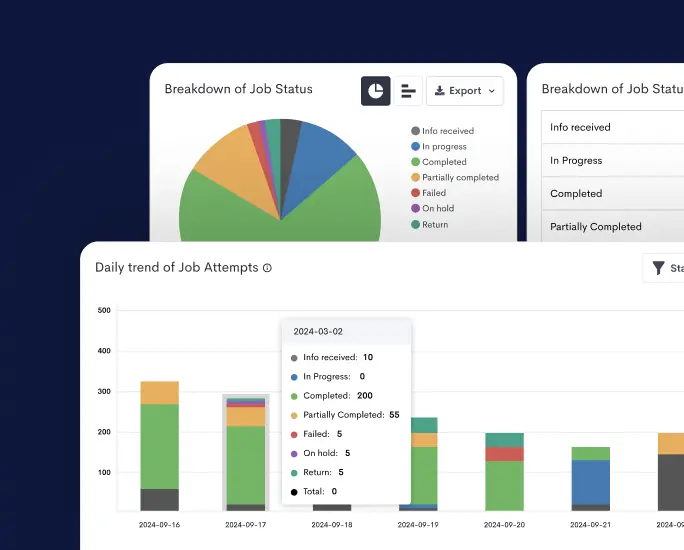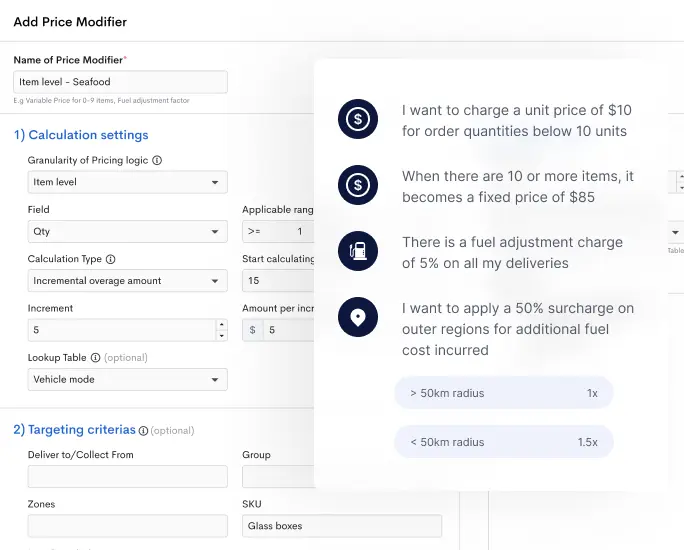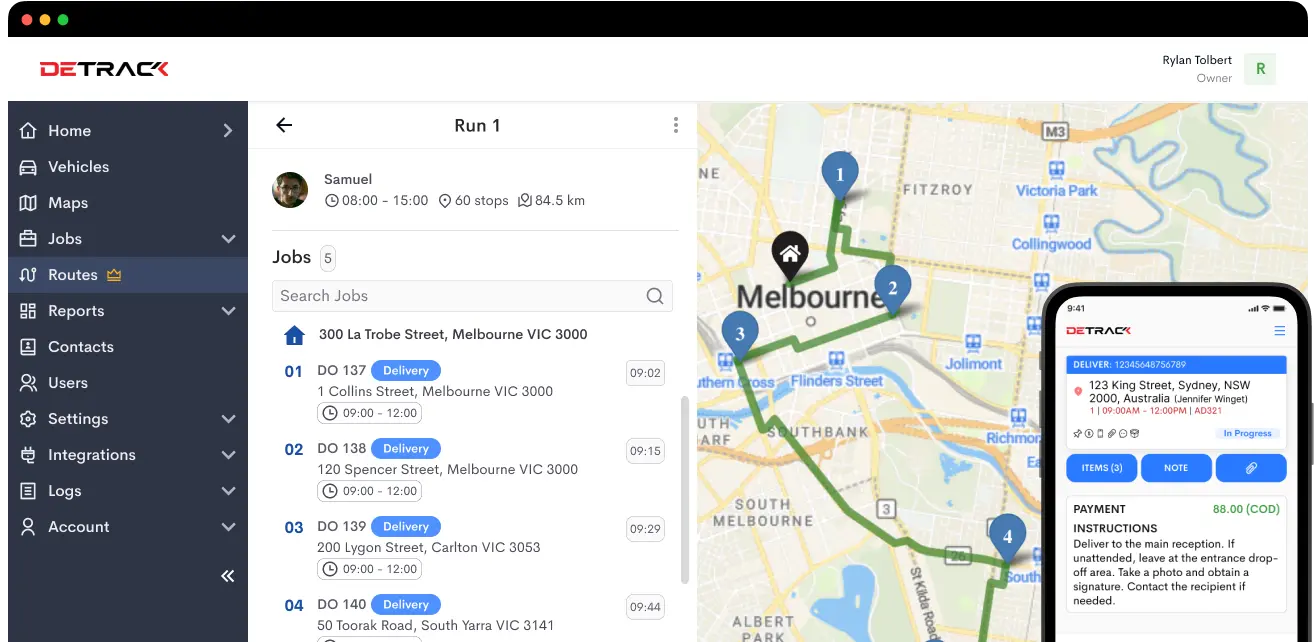Construction logistics planning is a process that helps construction projects run smoothly and efficiently.
You can avoid common problems and delays by planning and organising your resources. This guide will walk you through the steps of effective construction logistics planning so your project can stay on track.
What Exactly Is A Construction Logistics Plan?
A Construction Logistics Plan (CLP) is an organized, comprehensive document outlining a construction project’s design and operational requirements. It serves as a guide for planning, scheduling, and executing the logistics of a construction project.
The CLP outlines all activities necessary to complete the project, including raw materials procurement, labor management, transportation, waste disposal, and other requirements. The purpose of a CLP is to ensure efficiency and safety throughout the entire construction process.
Creating a plan that addresses all aspects of the project helps reduce construction delays and errors. Additionally, the CLP can be used as a reference for future projects to streamline and improve their delivery.
Ultimately, the CLP is a valuable resource for project managers and construction teams to ensure that all logistical elements are properly managed and accounted for when undertaking a project.
How Can Logistics Planning Help Your Business?
Logistics planning can be extremely beneficial to the success of your business. It helps ensure that goods and services are delivered to customers promptly while also reducing costs associated with managing inventory and transportation.
By streamlining your supply chain, you can increase efficiency and optimize resources. Logistics planning is also important for forecasting customer needs accurately so that you can meet them without overstocking or running out of product.
Logistics planning offers several benefits, including identifying points of inefficiency and reducing costs associated with your supply chain. You can also determine optimal inventory levels and ensure that you have the right products when customers need them. This provides better customer service while minimizing storage costs.
Additionally, effective construction logistics planning allows you to provide faster delivery times and better customer satisfaction, leading to improved loyalty and revenue growth.
Most Common Challenges Of Construction Logistics Planning
Resource Optimization
Resource optimization of construction logistics involves utilizing the best available resources to maximize efficiency and minimize costs associated with a given project. This may include choosing the most cost-effective supplies, materials, and equipment to complete the task and determining the most efficient means of transportation and storage.
Using these techniques, projects can be completed on time and within budget. In addition to choosing the most cost-effective resources, resource optimization of construction logistics also seeks to use existing assets more efficiently. This includes using vehicles for multiple purposes and optimizing routes for the transportation of materials.
Material And Transport Planning
Material and transport planning of construction logistics is a key factor in completing any construction project. It involves careful calculation, assessment, and coordination of materials and transportation resources to ensure an efficient flow of supplies, materials, and equipment. This helps reduce delays and minimize wasted resources while ensuring that all components are available when needed.
Material and transport planning is a complex task that requires intensive collaboration between stakeholders, including contractors, suppliers, logistics providers, and other project team members.
Planning must be done in advance to guarantee that sufficient materials and transportation resources are available on-site when needed. Additionally, it is important to identify potential delivery delays or changes in material requirements before the project begins.
Safety Compliance
Safety compliance with construction logistics planning is important for any project, large or small. Ensuring the safe transport of materials and equipment to and from the job site should be a priority for all construction teams.
To ensure adequate safety compliance, contractors must use appropriate tools and systems to manage their supply chain operations. This includes selecting a reliable logistics provider, implementing safe loading and unloading procedures, maintaining accurate inventory records, and ensuring that all personnel abide by safety regulations.
Adhering to standard operating procedures is critical in any construction project. A comprehensive safety plan should be developed that outlines specific policies and protocols related to handling materials, equipment, and personnel on the job site.
The plan should also consider potential risks and hazards associated with the construction project, such as hazardous materials or extreme weather conditions. Safety protocols should be reviewed, documented, and updated periodically to ensure all personnel are aware of any changes or improvements in safety standards.
Team Training
Team training in construction logistics is essential for any successful construction project. It helps to ensure that all team members understand their roles and responsibilities, as well as the overall process of construction management and how it relates to other aspects of the project.
The knowledge acquired through team training allows employees to collaborate more effectively, improving efficiency and output. Team training in construction logistics typically covers risk management, material handling, scheduling, quality control, supply chain management, job site safety, and other key project elements.
By understanding how to manage these areas properly, team members can better coordinate tasks and ensure that each step is accomplished correctly. Training also provides the opportunity to identify potential issues before they cause delays or problems, allowing for a more cost-effective project.
What To Include In Your Construction Project Logistics Plan
Scheduling Of Resources
Scheduling resources is an important part of any construction project logistics planning. It involves the planning and scheduling of labor, equipment, materials, and other resources to ensure that the project is completed on time and within budget. Resource scheduling helps optimize the use of all available resources so that they are used effectively and efficiently.
Construction Site Traffic Flow
When planning a construction project, it is important to consider traffic flow around the site to ensure safety and efficiency. This includes both people and vehicles that need access to the site.
A well-thought-out traffic flow plan is essential for maintaining productivity while keeping workers safe.
Required Equipment
Your construction project logistics plan should include all the necessary equipment for completing the project. This includes tools, machinery, and other materials needed to complete the job. Depending on the specifics of your particular project, you may need to rent some of this equipment or purchase it outright.
Make sure you have an accurate list of what is required and budget accordingly. Don’t forget to include any safety gear or clothing as well, such as hard hats, work boots and gloves. If you are unsure of what is needed for your construction project, it may be helpful to consult a professional who can guide the best approach.
Benchmark Tracking
Benchmark tracking is an invaluable component of any construction project logistics plan. The ability to monitor the progress of a project and compare it against pre-established targets ensures that the project remains on schedule and within budget.
By tracking benchmarks, contractors can identify potential problems early, allowing for immediate corrective action. This helps to avoid costly delays and reduces the risk of cost overruns.
Risk Management
Risk management is an important aspect of any construction project and should be included in your logistics plan. A risk manager should assess the potential risks during a construction project and develop contingency plans to address these issues.
Risk factors can range from natural disasters, such as floods or earthquakes, to unexpected changes in materials costs or labor availability. The risk manager should also identify any potential weaknesses in the project plan and suggest ways to improve them.
Construction Logistics Plan Best Practices
Leverage Logistics Technology And Software
Leveraging logistics technology and software to construct a successful logistics plan is essential.
Modern logistics planning tools effectively manage transportation solutions, maintain inventory levels, analyze data, and track shipments. Logistics technology can help streamline processes and increase efficiency throughout the supply chain network.
Plan For Building Access
An effective plan for building access and construction logistics is essential to ensure a successful construction project. This entails planning the various steps to complete the project successfully and on time.
From selecting materials and equipment to organizing deliveries, a well-thought-out plan can make all the difference in staying on track and avoiding costly delays. When creating a plan for building access and construction logistics, it is important to consider best practices in the industry.
This includes examining safety protocols, permits needed, arranging over-dimension loads, security measures, site layout management, storage solutions and traffic control plans. All of these factors must be considered during the project planning stage to ensure a successful outcome.
Keep In Mind Deliverables Expectations
All project stakeholders need to keep in mind the deliverables expectations that have been outlined before beginning construction. This involves having a comprehensive logistics plan to help ensure deadlines are met and the desired quality of work is achieved. In addition, it ensures all safety protocols are followed throughout the project.
Best practices for construction project logistics include using technology to track and manage materials, checklists to ensure progress is visible, and scheduling tools that help keep everyone on the same page. These elements should be considered when developing a comprehensive logistics plan for any construction project.
Focus On the Safety Of Workers
The focus of any construction logistics plan should always be on the safety and well-being of the workers. It is important to have a clear line of communication between all parties involved to ensure that everyone knows the potential hazards and how to avoid them best.
The plan must also include measures for monitoring worker health, providing proper training, and ensuring that proper safety equipment is used.
Additionally, it’s important to have a plan for emergencies and evacuations. All of these factors must be considered when developing a construction logistics plan to ensure the overall safety of all involved.
Detrack is Committed to Helping with Construction Logistics Planning
Using Detrack’s suite of features, construction planners can easily stay organized and on top of their logistics planning needs. With automated GPS tracking, they can locate resources quickly, while the route optimization algorithm helps save time by suggesting the most efficient routes.
In addition, combining all these features with real-time notifications empowers planners to resolve issues before they become a major disruption – ultimately leading to improved efficiency and performance.
Detrack is committed to helping logistics planning as an integral part of the construction industry’s success. With our advanced tools and technology, we’re redefining logistics management for construction planners and creating more opportunities for them to succeed in their projects.
Through sustainable collaborations with partners within the industry, we strive to provide solutions that make construction logistics easier, faster and more efficient – proving time and time again why with Detrack, your day could be made easier!

